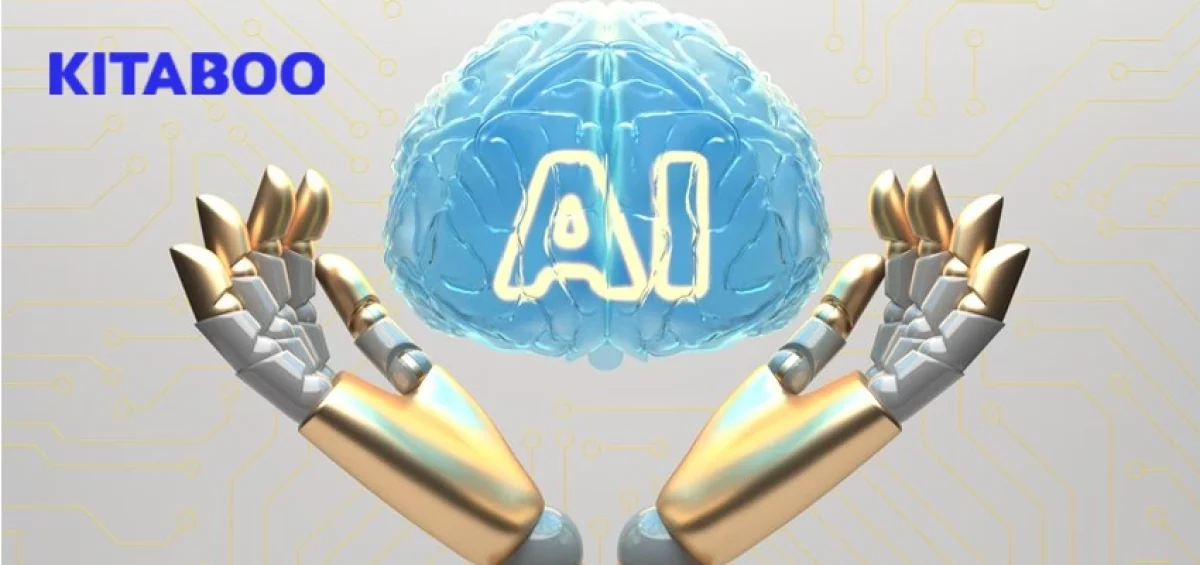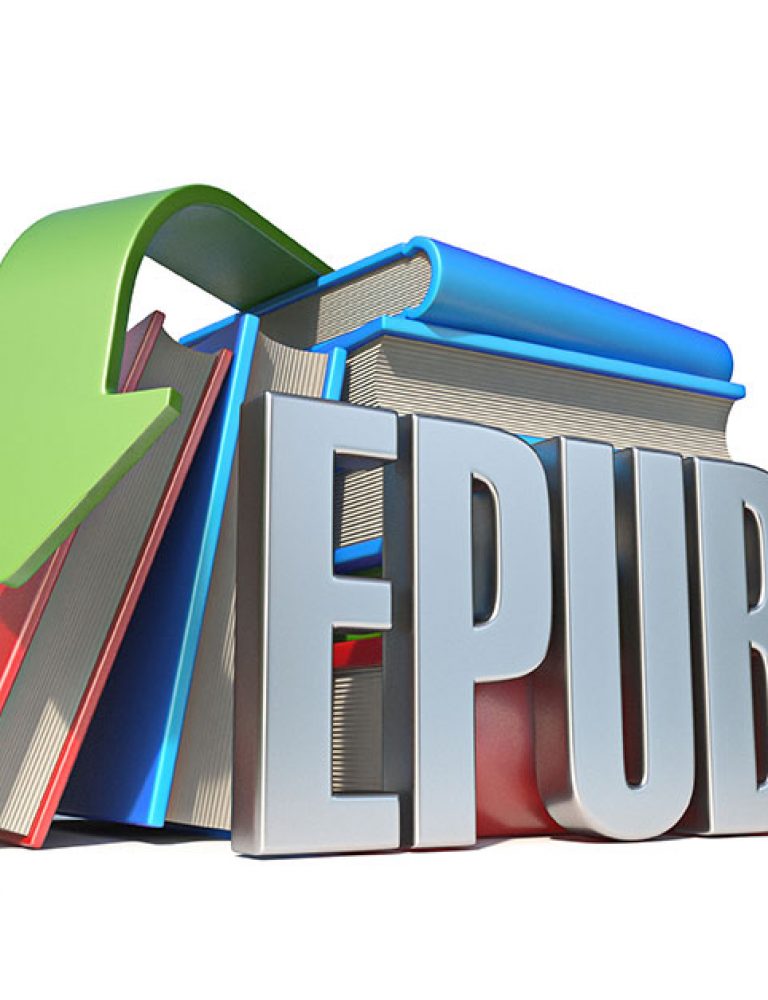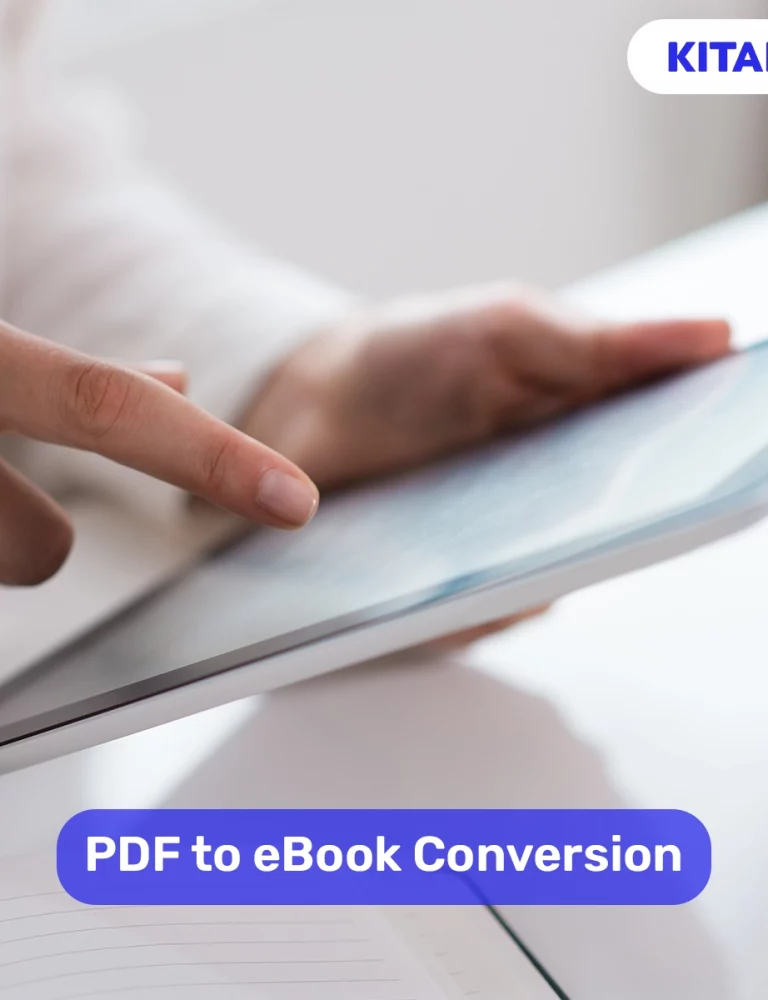Imagine a classroom where every student gets a personal tutor, one that adapts to their learning style and pace. That’s what AI brings to the table.
The integration of AI in K12 settings goes beyond traditional teaching methods, ushering in a new era where technology and education converge to create unparalleled learning experiences.
The systematic literature review from 2019 to 2022 unveils a fascinating journey of AI’s role in enhancing both cognitive and affective learning outcomes. This exploration underscores the potential of AI to revolutionize educational content and pedagogies, making learning more tailored, interactive, and impactful.
For K12 publishers and educators, leveraging AI is not just about keeping up with technology; it’s about enriching the learning journey for every student. The future of K12 education is here, and AI powers it. Let’s delve into how you can harness this transformative power to elevate your educational offerings.
Table of Content
I. Pre-AI and Post-AI Comparison for K12 Publishers
II. Top 5 Ways to Leverage AI for K12 Publishers
- Personalized Learning Pathways
- Predictive Analytics for Early Intervention
- Enhanced Interactive Content
- Automated Content Generation and Updating
- Language Learning and Enhancement
III. Leveraging Digital Publishing Tools is a Game-Changing Opportunity for K12 Publishers
Pre-AI and Post-AI Comparison for K12 Publishers
The advent of Artificial Intelligence (AI) in the field of K12 education has marked a significant shift in how educational content is created, distributed, and consumed.
Let’s first explore the differences between the pre-AI and post-AI eras in K12 publishing:
| Aspect | Pre-AI Era | Post-AI Era |
| Content Customization | Standardized content for all | Personalized learning paths |
| Assessment | Manual grading and assessments | Automated and instant assessments |
| Analytics | Limited to periodic tests and observations | Real-time, detailed tracking of student progress |
| Learning Materials | Static, printed textbooks | Interactive, adaptive digital content |
| Educational Approach | One-size-fits-all | Tailored to individual learning needs |
| Accessibility | Generalized, with limited accessibility | Enhanced, catering to diverse learning abilities |
Top 5 Ways To Leverage AI For K12 Publishers
1. Personalized Learning Pathways
AI enables K12 publishers to create dynamic, personalized learning experiences. For instance, an AI system can analyze a student’s previous answers and learning pace to recommend tailored content.
This could mean suggesting more advanced mathematics problems for a student excelling in that area while providing additional resources in areas where they struggle. Publishers can leverage AI to design textbooks and digital resources that adapt to each student’s unique learning journey, making education more effective and engaging.
2. Predictive Analytics for Early Intervention
AI-driven predictive analytics can help publishers provide tools that identify students at risk of falling behind. By analyzing patterns in a student’s engagement, performance, and behavior, AI can flag early signs of potential learning difficulties or disengagement.
For example, a sudden drop in online activity or consistent struggles with a particular type of question could trigger alerts. Publishers can use this information to offer targeted interventions, such as additional resources or personalized tutoring recommendations, thus proactively supporting students’ educational needs.
3. Enhanced Interactive Content
AI can transform traditional content into interactive learning experiences. Imagine a digital textbook that uses AI to pose questions, provide instant feedback, and adjust the difficulty level in real-time based on the student’s responses.
Publishers can leverage this by developing AI-powered educational games, simulations, and interactive quizzes that make learning more engaging and effective. This approach not only reinforces concepts but also keeps students motivated and interested in the material.
4. Automated Content Generation and Updating
AI can assist publishers in creating and updating educational content efficiently. By using natural language processing and machine learning, AI can generate new content, summarize existing material, or suggest updates to keep textbooks relevant.
For example, an AI tool could automatically incorporate the latest scientific findings into a science textbook chapter, ensuring that the content is always current. This reduces the time and cost involved in manual updates and content creation, allowing publishers to offer up-to-date resources at a faster pace.
5. Language Learning and Enhancement
AI can be a powerful tool in language learning, offering personalized pronunciation, grammar, and vocabulary exercises. For example, an AI language learning app can listen to a student’s pronunciation, provide immediate feedback, and tailor future exercises to areas needing improvement.
Publishers can leverage AI to create adaptive language learning platforms that cater to individual skill levels and learning preferences. These platforms can include interactive dialogues, speech recognition, and culturally relevant content, making language learning more accessible and effective.
Leveraging Digital Publishing Tools is a Game-Changing Opportunity for K12 Publishers
It enables them to deliver more engaging, interactive, and personalized educational experiences. These tools facilitate the creation of dynamic digital textbooks and learning resources, which are not just visually appealing but also adaptive to individual learning styles and needs.
For instance, interactive elements like quizzes, animated explanations, and augmented reality experiences can be integrated, transforming passive reading into an interactive learning adventure.
Additionally, digital publishing allows for real-time updates and content revisions, ensuring that educational material remains current and relevant. This adaptability is crucial in a fast-paced world where information and best practices evolve rapidly.
Moreover, digital platforms offer invaluable data insights through analytics, enabling publishers to understand user engagement and learning patterns better. This data-driven approach aids in continuously refining and optimizing educational content, catering to the evolving needs of educators and learners in the K12 space.
Revolutionizing K12 Learning with KITABOO's K'AI
KITABOO’s K’AI, an advanced AI-powered learning assistant, represents a significant leap in digital publishing for K12 education. Designed to enhance the learning experience, K’AI offers an array of tools that transform how educational content is created, delivered, and interacted with.
This innovative assistant enables the creation of diverse learning materials, such as MCQs, flashcards, and learning objectives, with remarkable ease and efficiency. Furthermore, it simplifies the process of generating comprehensive chapter summaries, making key concepts more accessible and understandable for students.
For K12 publishers, K’AI opens new avenues for producing interactive and engaging content. Its ability to provide chapter summaries in both audio and video formats caters to various learning styles, ensuring that students can grasp complex ideas quickly and retain information more effectively.
This focus on multimodal learning not only enhances student engagement but also significantly improves learning outcomes. K’AI, therefore, stands as a testament to KITABOO’s commitment to integrating cutting-edge technology in education, offering a more dynamic, inclusive, and effective learning environment for K12 students.
Final Thoughts
The integration of Artificial Intelligence in K12 education is a cornerstone for the future of educational publishing. From personalized learning pathways and predictive analytics to enhanced interactive content, AI is reshaping the way educational content is created, delivered, and experienced.
KITABOO’s K’AI epitomizes this transformation, offering a glimpse into a future where technology and education are seamlessly intertwined. As K12 publishers and educators, harnessing the power of AI and digital tools is imperative for staying ahead in a rapidly evolving educational landscape.
By doing so, we not only keep pace with technological advancements but also enrich the learning journey, making it more engaging, effective, and tailored to meet the diverse needs of students. The future of K12 education, powered by AI and digital innovation, is here, and it promises a world of endless possibilities and learning opportunities.
Discover How An Ebook Conversion, Publishing & Distribution Platform Can Help You
Kitaboo is a cloud-based content platform to create-publish & securely distribute interactive mobile-ready ebooks.
You May Also Like







